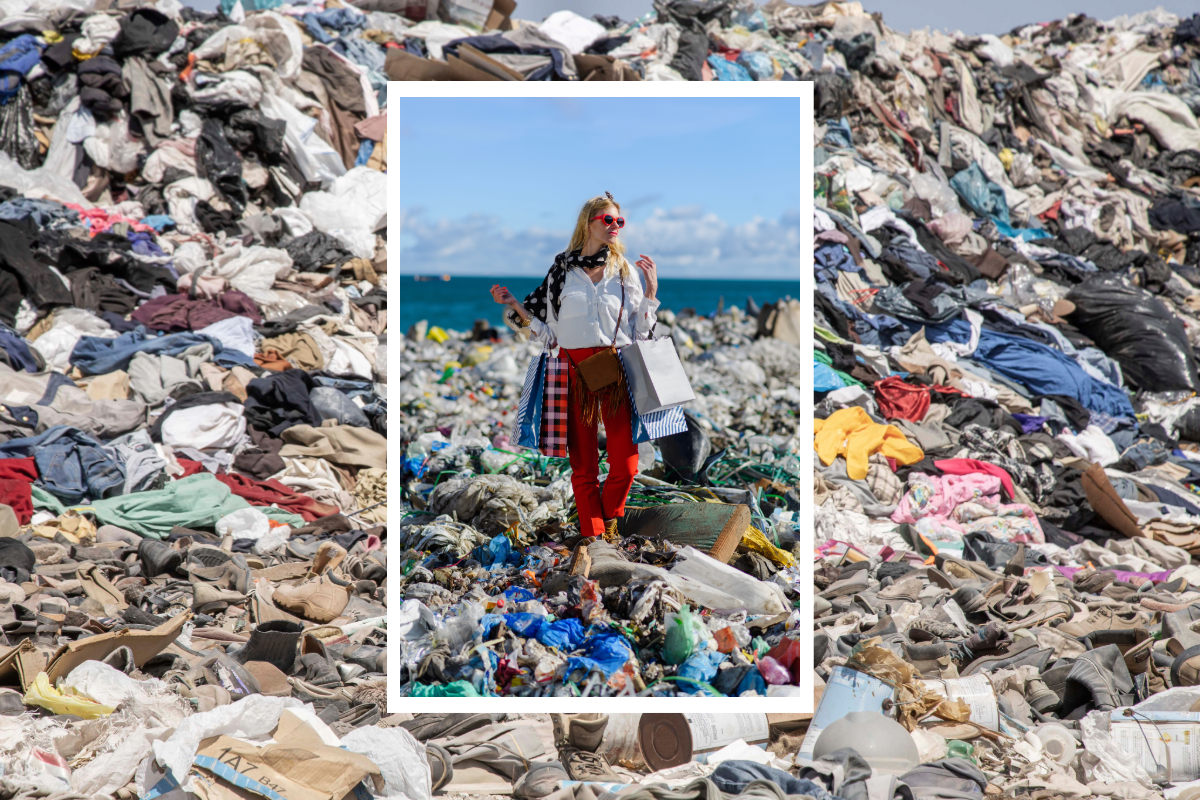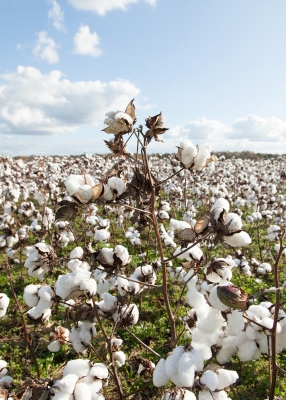
Waste from Apparel Industry Recognized as a Concern by the U.S. Federal Government
Breaking News as the Congressional Slow Fashion Caucus Takes Action
TS Designs President Eric Henry eagerly joined in support when Congresswoman Chellie Pingree (D-Maine) announced the first-ever Congressional Slow Fashion Caucus in June 2024. According to Rep. Pingree’s site the principles of the Slow Fashion Caucus include:
- Incentivize apparel industry to promote reuse, repair, and recycling of textiles
- Develop “circular economy” policies to drive the apparel industry to reduce natural resource consumption
- Promote textile reuse and recycling infrastructure
- Bring textile production back to the USA
- Support the use of more sustainable fibers
- Expand initiatives across federal agencies to encourage textile sustainability
The Caucus asked the U.S. Government Accountability Office (GAO) to review their concerns and on Dec 12, 2024 the GAO released this groundbreaking report, Textile Waste: Federal Entities Should Collaborate on Reduction and Recycling Efforts (summary report), recognizing the growing problem of textile waste, and the need for an interagency mechanism to connect federal agencies in addressing this challenge, minimizing redundancy in research and development efforts.
The GAO’s full report recommends that Congress consider directing a federal entity or entities to coordinate efforts and take action to reduce textile waste and advance textile recycling. The report also describes:
- how textile waste affects the environment;
- how and why the rate of textile waste in the U.S. has changed in the last 2 decades; and,
- federal actions to reduce textile waste and advance textile recycling, and what opportunities exist for entities to collaborate.
Although post-consumer textile recycling is important, an astounding 30% of clothing manufactured never even reaches the consumer, instead ending up being burned or dumped in landfills.
Biden Administration’s Response
The Office of Science and Technology Policy (OSTP) was quick to respond, denying the need for a federal interagency task force. They agreed on many of the findings of the GAO report but at this time the federal mechanism for managing it does not and will not exist.
You can read an in-depth look into what this means to the textile industry, in this Sustainable Fashion Forum‘s article, What the Biden Administration’s Response to GAO Means for Textile Waste in the US.
The Slow Fashion Solution
Slow fashion prioritizes quality over quantity, encouraging ethically made, long-lasting clothes.
By recognizing the consequences of fast fashion and supporting sustainable practices, we can make more informed choices about the clothes we buy and the waste they generate.
It’s time to move beyond the fast fashion mindset and invest in brands that actively prioritize what’s best for both people and the planet.

Shop Slow Fashion: Supporting TS Designs, Solid State Clothing, and nonprofit initiative Know Your Clothing
Despite the competition from low-cost fast fashion, TS Designs will stay the course and continue on the path of sustainability, including creating for and contributing to the Slow Fashion model.
Please continue your support by ordering long-lasting, high-quality apparel in these times when the cheapest is not the best way to go.
- Need shirts printed for your organization or an event? TS Designs has sustainable and circular options. Visit TSDesigns.com, pick one of our brands, and request pricing.
- Don’t need printing? Add a meticulously crafted, locally grown and made t-shirt or other sustainable apparel to your wardrobe with our retail brand Solid State Clothing.
- Support R&D around creating more sustainable fashion solutions by donating to our nonprofit initiative, Know Your Clothing, a fiscally sponsored project of Croatan Institute, a registered 501(c)(3) public entity.
Shop Sustainably Made T-Shirts for Your Company, Organization, or Events
Don't Need Printing?
Add a meticulously crafted, locally grown and made t-shirt to your wardrobe.
TS Designs manufactures the highest quality printed t-shirts in a domestic, transparent, and trackable supply chain. We work with brands who want to provide their customers with responsibly made clothing that positively impacts people and the planet.
